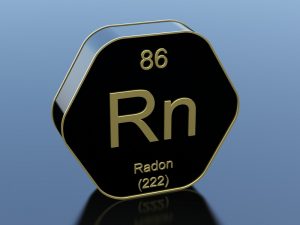 In our previous post, we went over some commonly asked questions concerning radon levels in residential homes. To make sure you are as informed as possible about this silent killer, here we continue with more information concerning radon testing and inspection.
In our previous post, we went over some commonly asked questions concerning radon levels in residential homes. To make sure you are as informed as possible about this silent killer, here we continue with more information concerning radon testing and inspection.
Q: I am going to be moving into a home that already has a radon mitigation and abatement system. How do I know if it is working properly?
A: It is always wise to be safe rather than sorry and to call a radon testing contractor to come and make sure the system is working. This won’t take long and is always a great option, especially if you need to update or completely upgrade the existing system.
Q: Is my water supply prone to radon?
A: Yes, especially if it comes from a well. This is because the soil near the water’s source can break down and release uranium. All you need is a simple radon test to make sure your home’s water is not prone to this dangerous gas.
Q: Are there any health problems that happen due to exposure from radon gas?
A: Yes, unfortunately. According to the U.S. Surgeon General, radon gas exposure is the second leading cause of lung cancer in the nation. In fact, scientists estimate that deaths due to lung cancer can actually be reduced by 2 to 4%, which is the equivalent of 5,000 deaths, simply by lowering radon levels in the home.
Q: I don’t have any cracks in my home, so why is it important to test for radon?
A: Radon gas can seep into your home via the tiniest of spaces. Because you won’t know if the gas is there unless you have had a radon testing company visit your home, every single home is at risk of this silent but deadly danger.
Q: Are there any factors that can affect the radon levels in my home?
A: Yes, radon levels in your home can be affected by:
- Time of year — the levels are usually the highest during the heating season.
- Where you are testing it — radon levels are generally more concentrated in the lowest level of your home.
- Weather patterns — stormy weather and very high winds can skew your results.
Radon is an exceptionally dangerous health hazard, so if you have any additional questions about how to remove this element from your home, make sure to contact a radon testing company near you as soon as possible!

Recent Comments